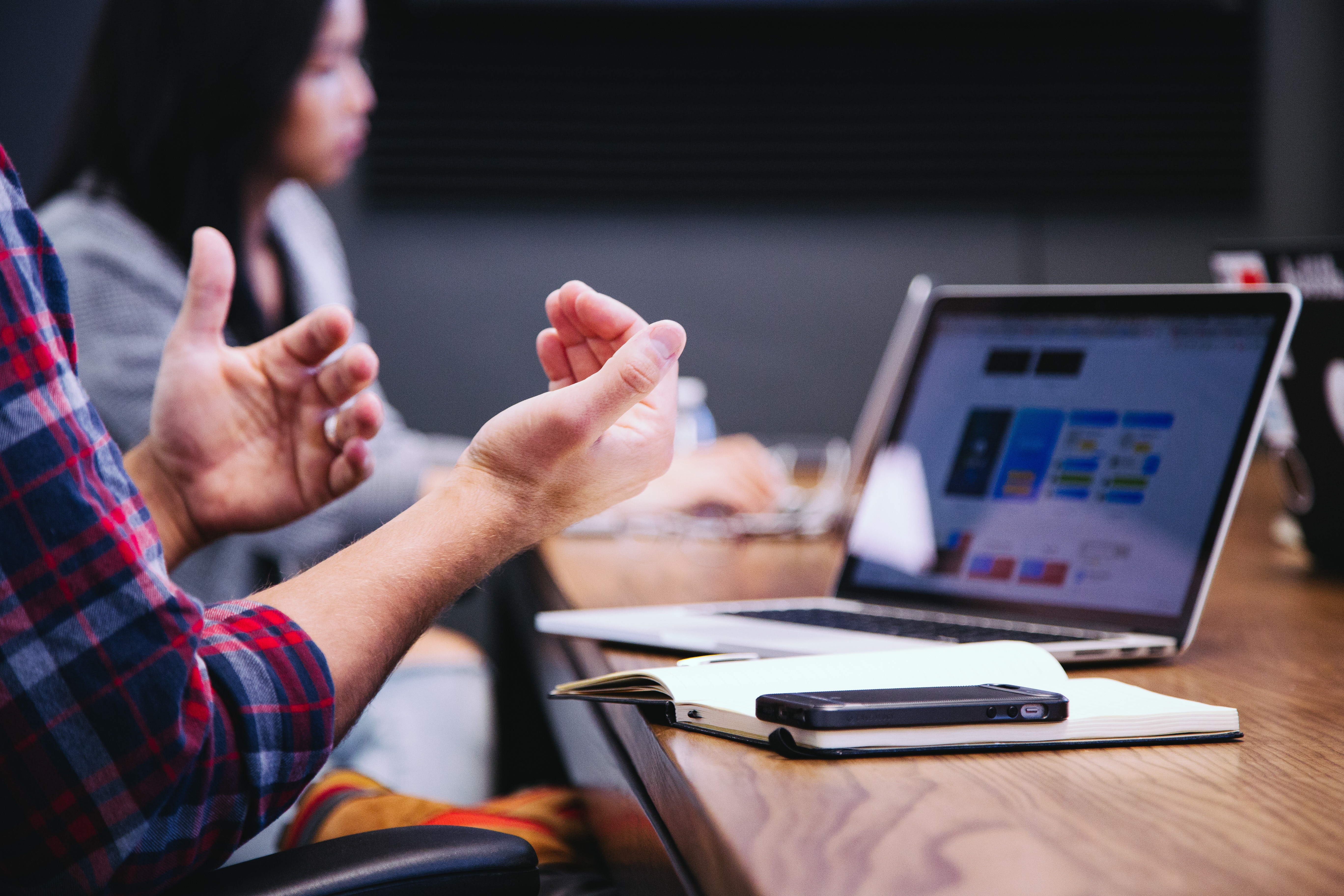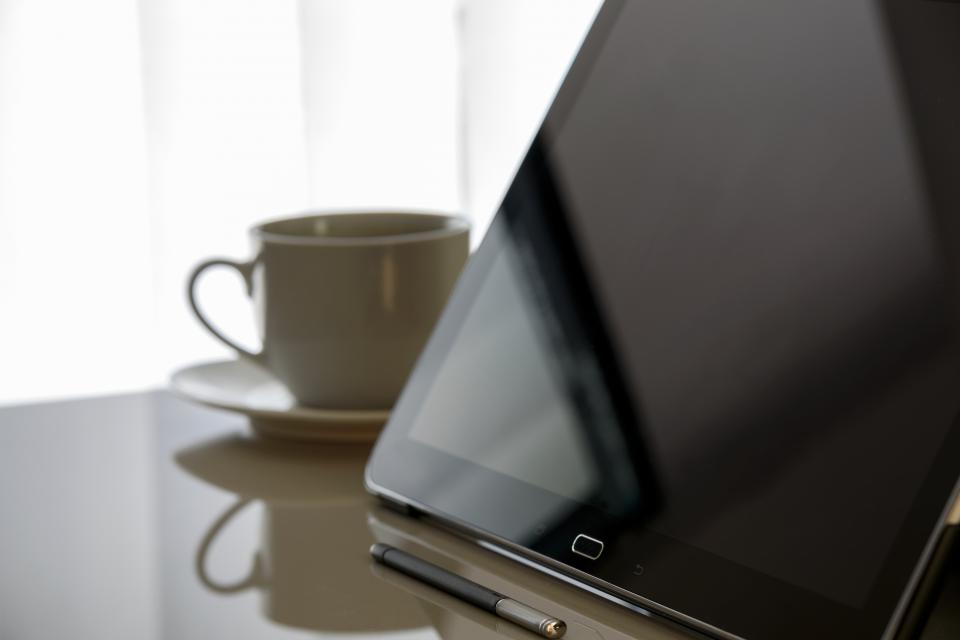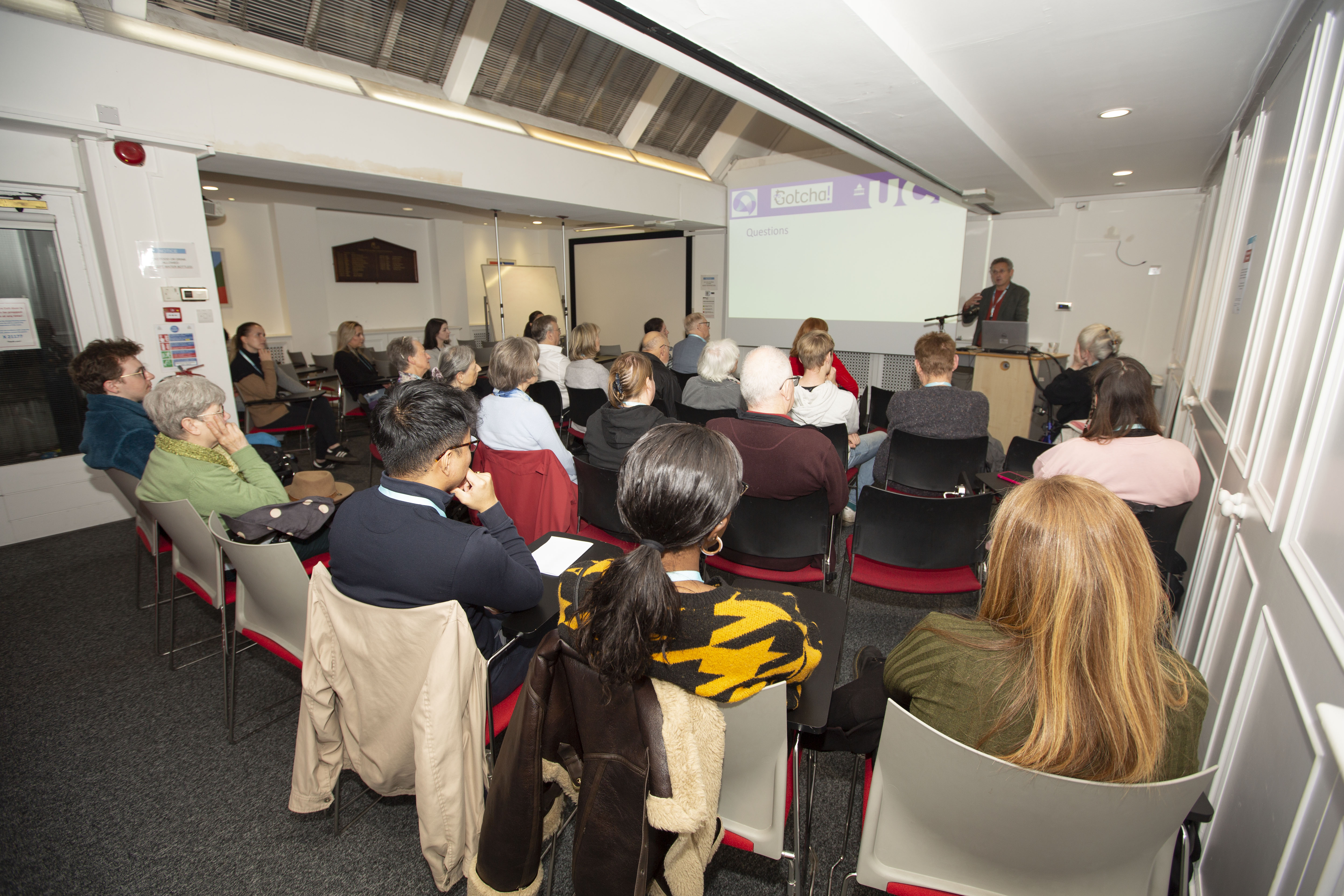Neurotherapeutics
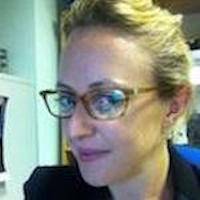 | 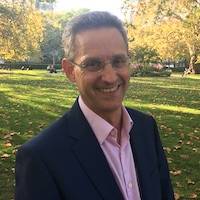 |
Jenny CrinionGroup Leader - Crinion Lab | Alex LeffGroup Leader - Leff Lab |
Neurotherapeutics Research
Our research focuses on the rehabilitation of acquired language and cognitive impairments, in individuals who have had a stroke and those with dementia. We specialise in developing novel digital interventions (i.e. apps and web-based therapies) for hemianopic alexia, aphasia and other neurological conditions.
We are passionate about involving end users in the co-design of our therapy apps and at all stages of our research.
We are also interested in the potential application of non-invasive brain stimulation (e.g. tDCS) in enhancing therapy effects, and improving language recovery.
We use a range of neuroimaging techniques (including MRI, fMRI and MEG) to further our understanding of the language network, identify how the brain changes in response to rehabilitation (neuroplasticity) and to explain and predict individual differences in recovery.
Group Members
Post-doctoral Research Fellows
- Catherine Doogan
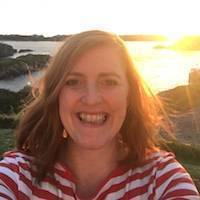
Catherine is a Post Doc and Clinical Psychologist who is working on developing three Digital Interventions in Neuro-Rehabilitation (DINR). The first, iTALKbetter, is an interactive word retrieval therapy for with people with aphasia; the second is to help people with dementia remember the names of familiar people, while the third is for stroke patients with visuo-spatial neglect.
- Thomas Hope
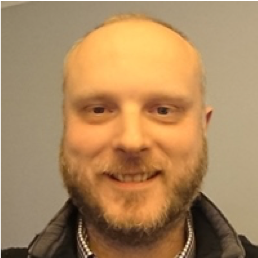
Language is our defining cognitive skill. I study the neurobiology of language in health and disease, with a particular focus on language impairments consequent to abrupt brain damage (e.g. in stroke). By studying how damage causes deficits, I aim to infer the organisation of language in the undamaged brain. I also try to understand how patients recover from these impairments, and in this sense my research also addresses neuroplasticity. My most recent work aims to understand why some patients respond so much more quickly and fully to therapeutic interventions for these impairments than others. By showing that this inter-patient variability is systematic, and even predictable to some extent, I hope to contribute to a more positive and personalised medicine for these patients.
PhD Students
- Haya Akkad
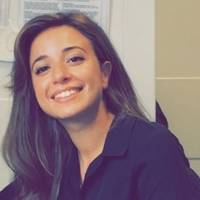
haya.akkad.14@ucl.ac.uk Haya is a PhD student with a background in clinical and cognitive neuroscience. She is funded by an independent BRUK fellowship to improve recovery in patients left with speech production difficulties after a stroke. To do this, she uses methods of non-invasive brain stimulation, specifically transcranial alternating current stimulation (tACS), alongside functional brain imaging techniques such as MEG and fMRI to characterise the coordinated interactions between brain regions that support successful speech prduction. She uses this to inform the development of a non-invasive brain stimulation intervention that can be used alongside behavioural treatment to strengthen brain network functionality and improve speech rehabilitation in patients with post-stroke Aphasia. You can read more about Haya's research here: https://www.brainresearchuk.org.uk/research-project/stroke-improving-speech-recovery-haya-akkad
- Dr Neena Singh

Dr. Neena R. Singh is a Senior Neurology Registrar with a sub-specialist interest in Neuro-Rehabilitation. She obtained her undergraduate medical degree from King’s College London, and was awarded the Gold Medal in her Masters in Clinical Neuroscience degree by KCL. She has attained her MRCP(UK) and MRCP Neurology qualifications, and in 2021, was awarded the Cleveland Clinic London and UCL Institute of Neurology Neuro-Rehabilitation PhD Fellowship. She is now working on the ATTEND Trial, using gamified virtual reality to treat patients with visual inattention post-stroke, across 4 centres, including the National Hospital for Neurology and Neurosurgery, Queen Square, St. Pancras’ Rehab Unit, Charing Cross Hospital, and Luzerne Hospital, Switzerland. She is also contributing towards the set-up of the Pan-London Stroke Video Triage service at UCLH. She is a strong believer in providing holistic clinical care and looks forward to working as a Neuro-Rehabilitation Specialist in the future.
- Arshia Qasim Ahmad
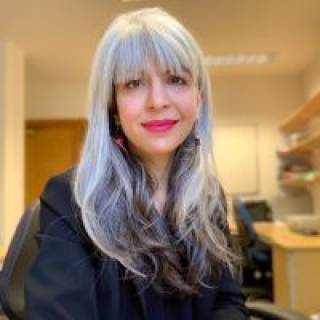
Dr Arshia Qasim Ahmad is a neurologist and a PhD candidate working on aphasia rehabilitation, through the dual pathway fellowship offered by UCL and HCA. She does clinical work at Wellington Hospital Neurorehabilitation Unit and aphasia research at ICN. She has joined the team from Tokyo, Japan, where her family currently reside. Her other interests are learning languages and practicing yoga.
- Aygun Badalova

Aygun is a PhD student with a background in neuropsychology and cognitive neuroscience. Her current research focuses on the development of Digital Interventions in Neuro-Rehabilitation (DINR) of Alzheimer’s disease and Dementia. She has joined the lab where she works on the app called the Gotcha!-name retrieval therapy app to help people with dementia remember the names of familiar people. Aygun is also doing clinical work at the National Hospital for Neurology and Neurosurgery (NHNN).
Aygun’s research is funded by Azerbaijan State Program.
Honorary Research Fellows
- Alejandro Quijada Leyton
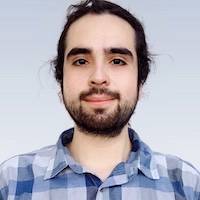
Alejandro is a software engineer and researcher in the area of human-centered computing with specialty in gamification. Over the last few years, he has contributed to the gamification centered redesign and development of the Eye-Search application, and has carried out qualitative and quantitative research on the updated version. He also provides technical support for our group’s apps.
- Pedro Quijada Leyton
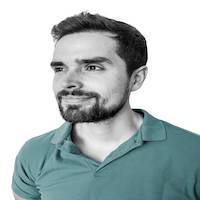
Pedro is a game developer with specialty in serious games. He has contributed to our work along the years, providing early prototypes and technical support and has developed and published multiple applications for our group including: Listen-In, iTalkBetter, ATTEND and iReadMore.
You can see his work here: quiley.com
- William Latham
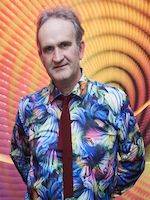
william.latham@londongeometry.com
William Latham is a games designer, computer artist, VR expert and Professor in Computing at Goldsmiths and has lead the games development team who have developed a range of applications for Aphasia, Neglect and Dementia patients under a 5 year NIHR Grant (for Prof Alex Leff and Prof. Jenny Crinion.) covering the Neuro- therapeutic Games:- Listen-In, iTalkBetter, ATTEND and iReadMore. His Art work can be found here www.mutatorvr.co.uk.
Alumni
- Sharifa Al-Ragam
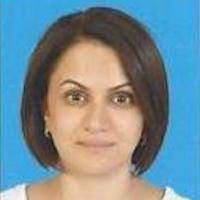
sharifa.alragam.12@ucl.ac.uk Sharifa completed a PhD whilst at the Neurotherapeutics lab. Her researched focused on the development and validation of a therapy app for Arabic readers with Hemianopic Alexia. She used behavioural testing and eye-movement tracking to achieve this. The app retains eye movements that are important for reading using scrolling text. After her time at the Neurotherapeutics lab, Sharifa returned to Kuwait to a position as Assistant Professor at the Public Authority for Applied Education and Training.
- Davide Nardo
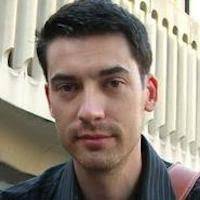
d.nardo@ucl.ac.uk Davide is a postdoctoral research associate with a background in cognitive and clinical neuroscience. During his time at the lab, he used behavioural and functional neuroimaging techniques to investigate the effects of neurostimulation (tDCS) and phonemic-cueing-based anomia training on spoken language recovery in chronic aphasic patients. After leaving the Neurotherapeutics lab, Davide moved to the Cambridge Brain Sciences Unit to work with Dr. Michael Anderson.
- Katerina Pappa
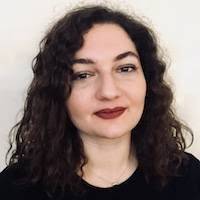
katerina.pappa@ucl.ac.uk Katerina worked as a research assistant with an interest in the neurorehabilitation of aphasic patients with speech production difficulties. Whilst working at the NT lab, she implemented neurostimulation techniques (tDCS) combined with functional neuroimaging techniques and behavioural training. Katerina left the Neurotherapeutics lab to take up a PhD position at the University of Glasgow under the supervision of Professor Jonathan Evans.
- Sonia Brownsett
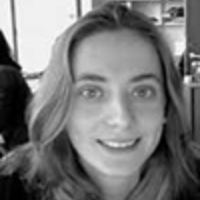
Sonia Brownsett was a post-doc and Speech and Language therapist at the Neurotherapeutics lab, she worked on the ‘Listen-in’ project. This project aimed to combine therapy for auditory comprehension deficits with gamification technologies in order to maximally engage patients with their aphasia therapy. During her PhD she developed a computer-based therapy targeting auditory discrimination deficits and used fMRI to investigate how ‘non-language’ areas of the brain are important in the rehabilitation of aphasia. After working at the Neurotherapeutics lab, Sonia moved to the Queensland University of Technology.
- Zoe Woodhead
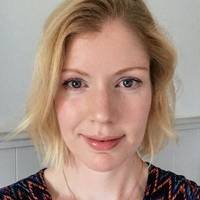
During her time at the Neurotherapeutics lab, Zoe worked as a Post-doctoral researcher on the 'iReadMore' project. This project investigated whether a therapy app for acquired reading disorders after stroke, called ‘iReadMore’, improved single word reading. She continues to collaborate with the Neurotherapeutics group on the online release of the iReadMore app. In 2016, Zoe moved to the University of Oxford, to take up a Postdoctoral Research Associate position working for Dorothy Bishop in the OSCCI lab. Her current research uses functional magnetic resonance imaging (fMRI) and functional transcranial doppler sonography (fTCD) to investigate the profile of lateralisation across various language tasks.
- Hui Hui Gan
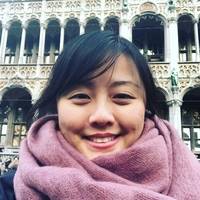
hui.gan.18@ucl.ac.uk Hui Hui is currently an MSc student in Cognitive Neuroscience. She has practised as a Speech Language Therapist in Singapore for over 10 years and her special interest is in communication disorders after acquired brain injury. The current project she is working on is exploring the neural correlates underlying naming error patterns in Aphasia using confrontational naming and picture description tasks.
- Sheila Kerry
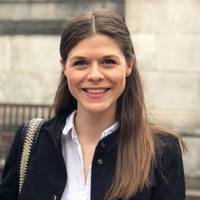
sheila.kerry.11@ucl.ac.uk Sheila is a post-doctoral research associate working on the Back of the Brain Project (BoB). This collaborative project is concerned with visual and cognitive problems following stroke to the back of the brain. Sheila’s PhD focussed on a reading therapy app, called iReadMore, for people with a post-stroke reading disorder. She used Magnetoencephalography to investigate connectivity changes in participants with Central Alexia as a result of using iReadMore.
- Oscar Aguilar
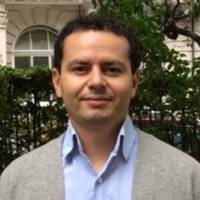
Oscar completed a PhD studentship funded by the Colombian government whilst at the Neurotherapeutics lab. His research focused on understanding the relationship between aphasic patients' response to therapy and their capacity to learn. He worked on the iReadMore project, where he used language and cognitive tests along with Magnetic Resonance Imagining (MRI) to understand predictors of response to a word reading retraining app, called ‘iReadMore’, in patients’with reading difficulties following a stroke. Oscar returned to Columbia in 2017 as an associate Professor in the Faculty of Psychology at Pontificia University Javeriana, Colombia.
- Victoria Fleming
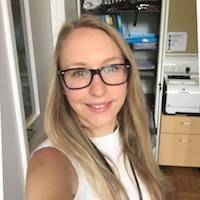
Victoria is a Research Assistant and PhD student working on the ‘Listen-In’ project, funded by the NIHR i4i programme. Her PhD is focused on developing and testing a home-based digital therapy application, for individuals with impaired speech comprehension caused by stroke. Victoria is using a combination of behavioural and structural imaging (MRI) methods to investigate the efficacy of speech comprehension therapy, and identify factors which predict treatment outcomes. She will also use longitudinal structural imaging techniques to investigate treatment-related neuroplasticity.
- Lucy Taylor
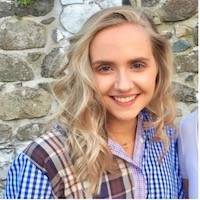
Lucy has been involved in organisation and analysis of behavioural data from the Queen Square Intensive Comprehensive Aphasia Programme for patients with post-stroke language deficits. She is working on the Gotcha! project, a clinical trial into the effectiveness of a name retrieval app for patients with dementia.
- Iona Scott
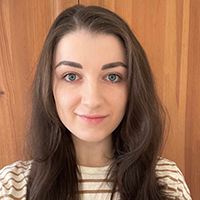
Iona is a Research Assistant with a Psychology MA (Hons) degree and Clinical Mental Health Sciences MSc. She is working on the Gotcha! and iTalkBetter project teams. Previously, Iona has worked on research at UCL investigating non-pharmacological interventions that support functional independence in people living with dementia at home.
- Tae Twomey
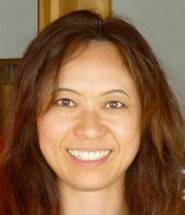
I am a postdoctoral researcher with a background in linguistics and cognitive neuroscience. I use functional magnetic resonance imaging (fMRI) to investigate the neurobiology of language in a range of different languages/scripts and populations.
 Close
Close


